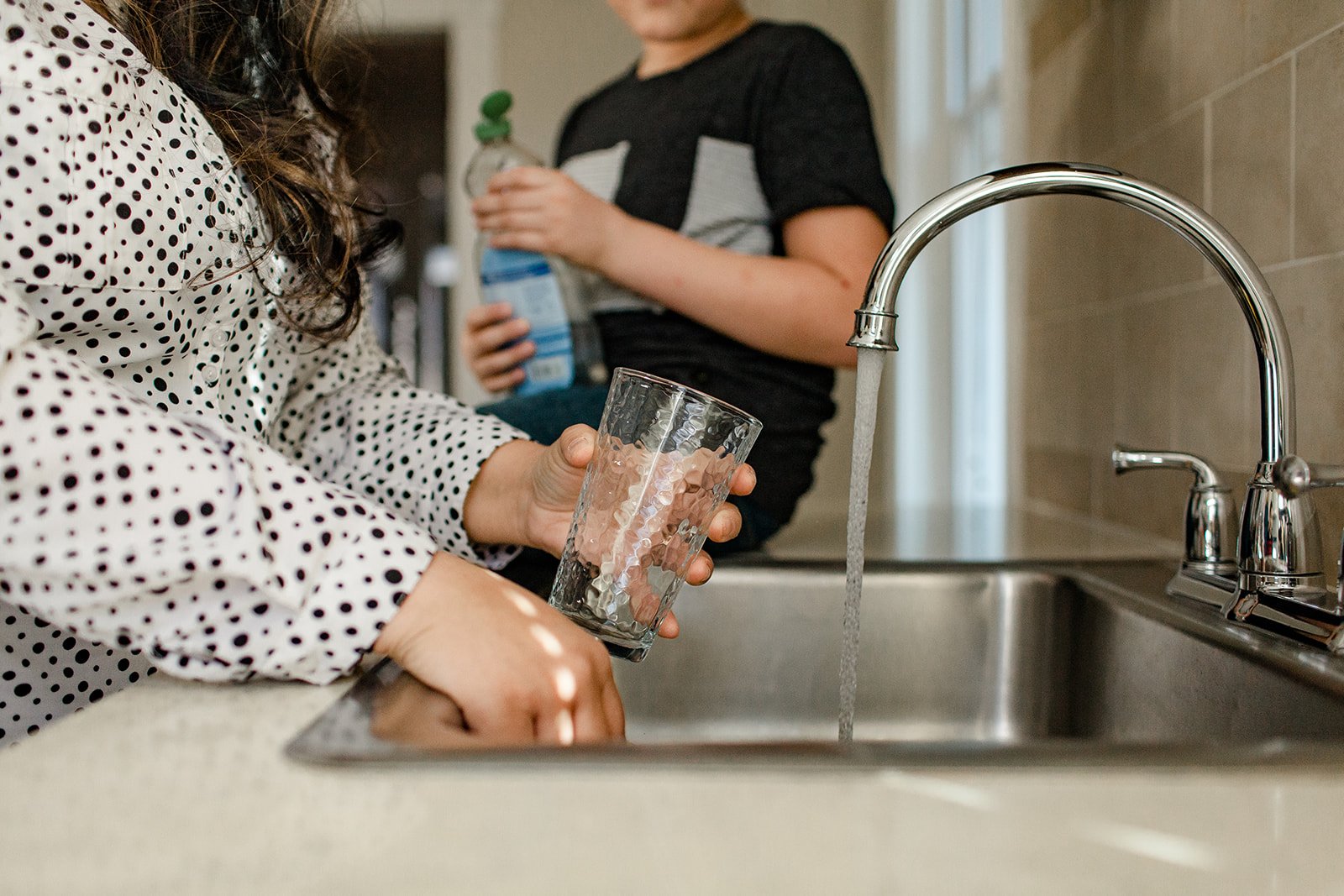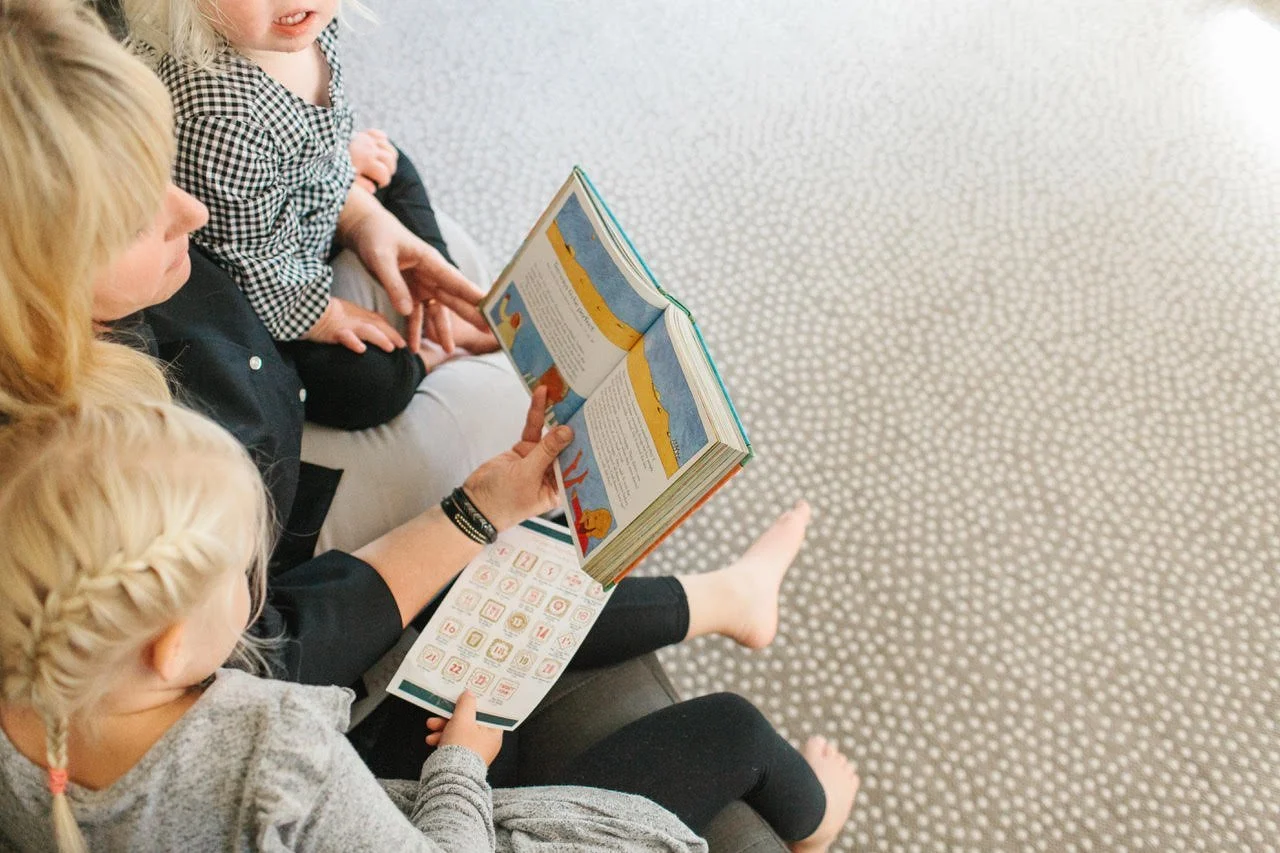Gospel Hope When Your Kids Lose a Pet
Is it a good idea to adopt a large-breed puppy when you’re pregnant with your firstborn? Probably not. Is it something I did anyway? You bet. Most of our favorite families were raising children alongside dogs and cats, so it fit right in with our vision of family life. And growing up with pets also teaches kids about loyalty and responsibility, right? The demands of our Labrador Max’s puppy stage and two back-to-back babies seemed like an investment in a happy future full of family adventures. Then Max was fatally hit by a car in the prime of his life, when the children were barely two and three years old. It has often felt like his legacy in their lives was one of confusion and sadness.
We don’t always get to pick the moments that sear into our memory. His last morning offered no indication that I’d be explaining death to my small children or scrubbing our dog’s blood out of my favorite jeans before the night was through. We were visiting family and I lingered over my sunrise Bible reading in Romans 6: “The wages of sin is death” (v. 23). The Holy Spirit brought those words back to my mind later that day when I knelt in front of my kids and told them about Max’s death in clear, plain, gospel-truth. God’s Word and his work in the gospel gave me the framework I needed for this difficult conversation:
“Do you remember our Bible story from this week, how Adam and Eve disobeyed God? They ate the apple and everything in creation broke. Death came into the world because the wages of sin is death, right? Tonight Max ran into the road, and he got hurt so very badly that his body can’t be fixed, so he died. This means that his body broke all the way. It doesn’t work anymore and we’re not going to see him again.”
Everything inside me raged that I hadn’t prepared for this. I didn’t know what to tell them, I didn’t want to have to do this. I was in shock (and fairly traumatized) about the events of Max’s death, but the kids needed to hear what happened, and they needed to hear it from me. Like any good parent, I want nothing more than to keep my children from seeing or experiencing death. But it occurs to me that God is a good parent, and he feels this way, too. The whole gospel story is his work to save us from death. There is hope and strength in this good news even when we have to break the worst news to our children. And the truth is, God’s Word equips us for this work. I thought I’d had an easy Bible study review that morning, but God was preparing me for battle. And in the immediate aftermath, God’s word also ministered to us through the rich scriptural prayer in “A Liturgy for the Loss of a Living Thing,”[1] which I read for Max’s burial, and through favorite old hymns and new worship songs.
We’ve encouraged the kids to talk about their dog whenever they remember him, even though it’s easier for us to move on. Every conversation about death, no matter how hard it is for me, is an open door to talk about the gospel. The Bible I have known and loved through my life has equipped me to honestly answer the hardest and sweetest topics that come up in their minds (or mine). In little bits, we have talked about how animals were always part of God’s good plan, and that there will be animals in the new creation. We know God made Max and loved him very much, and we honored God when we cared for him.[2]
We also know everything is broken and creation groans. The apostle Paul explains that creation is “subject to futility” and is “groaning together” while we await full restoration to glory (Rom. 8:20-22). The suffering my dog experienced in his death, the pain my family experienced after this loss, and the rest of the grief we will face for other unknown sadness in our future is all part of this groaning. But this futility is not the end. The Bible reminds us that nothing in all this groaning creation separates us from God’s love or his plan to make all things new.[3]
Sometimes answers aren’t as easy, though. I’ve searched Scripture and the works of many theologians; there isn’t always a clear consensus, so I don’t have a perfect explanation about animals and eternal life. Will our pets be in heaven? Will we get to scratch our friend’s cat, or throw sticks for Max to retrieve in paradise? Maybe, maybe not. But our hope in God’s promises is enough to rest in what he has told us, and to trust his character and goodness for the things he has not made perfectly clear. When they ask about this, I read Psalm 145:9, “God’s mercy is over all that he has made,” reminding them our dog was never outside of God’s care, and neither are we.
In those early days with Max, I had vague notions that a family dog would teach my children about life. Losing a pet I loved was miserable enough, but sharing that experience with my kids and watching them grieve has been particularly wretched. I’ve even felt guilty for getting a dog in the first place, as though something they could lose was not worth loving. But there will be more unexpected hardship in our children’s lives as long as they live. Now it’s easier to see that a wise God is using this loss for his glory. This isn’t what I envisioned for our family’s first dog. But in our loss, God offers the kids (and me) solid hope in his promise to care for us and rescue us from death, now and always. We’ve had first-hand experience of this present sorrow and coming solace: Is all creation groaning? It is. Is a new creation coming? It is.[4]
[1] Douglas McKelvey, Every Moment Holy, (Rabbit Room Press, 2017).
[2] Proverbs 12:10
[3] Romans 8:38-39; Revelation 21:5
[4] Andrew Peterson, Resurrection Letters, Volume 1: Is He Worthy? Centricity Music, 2018.










